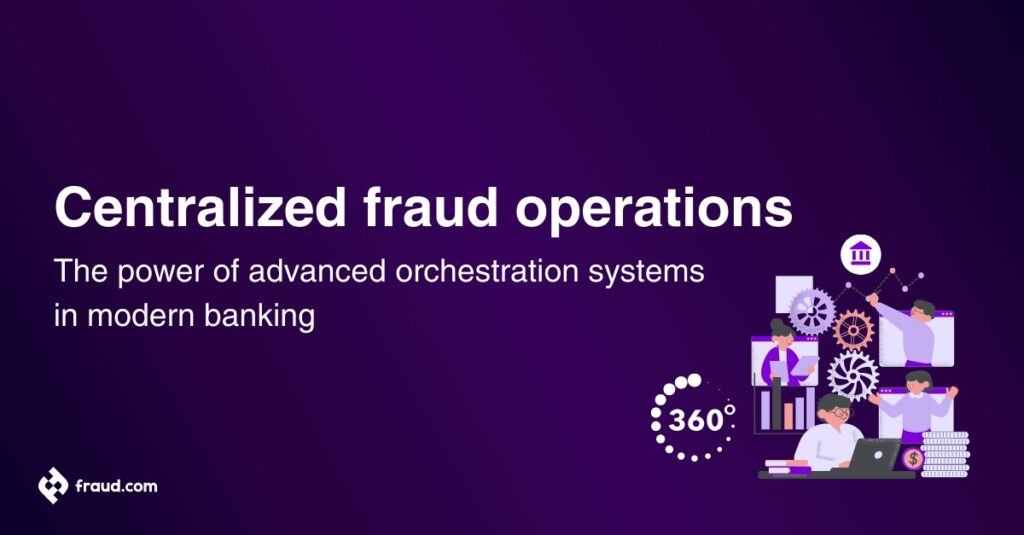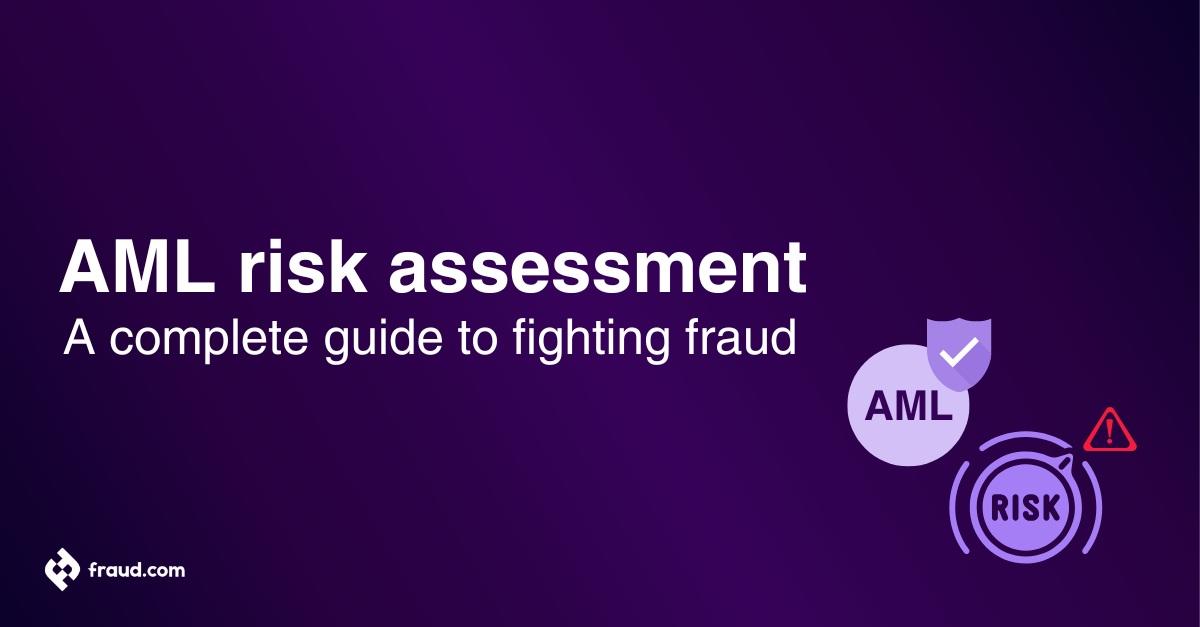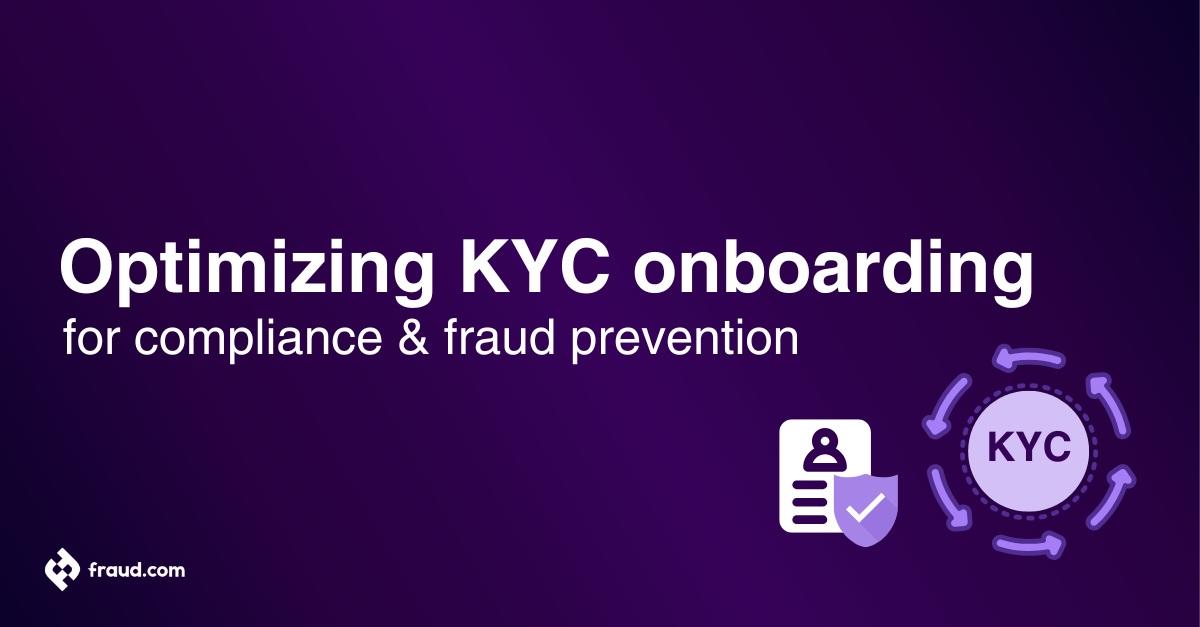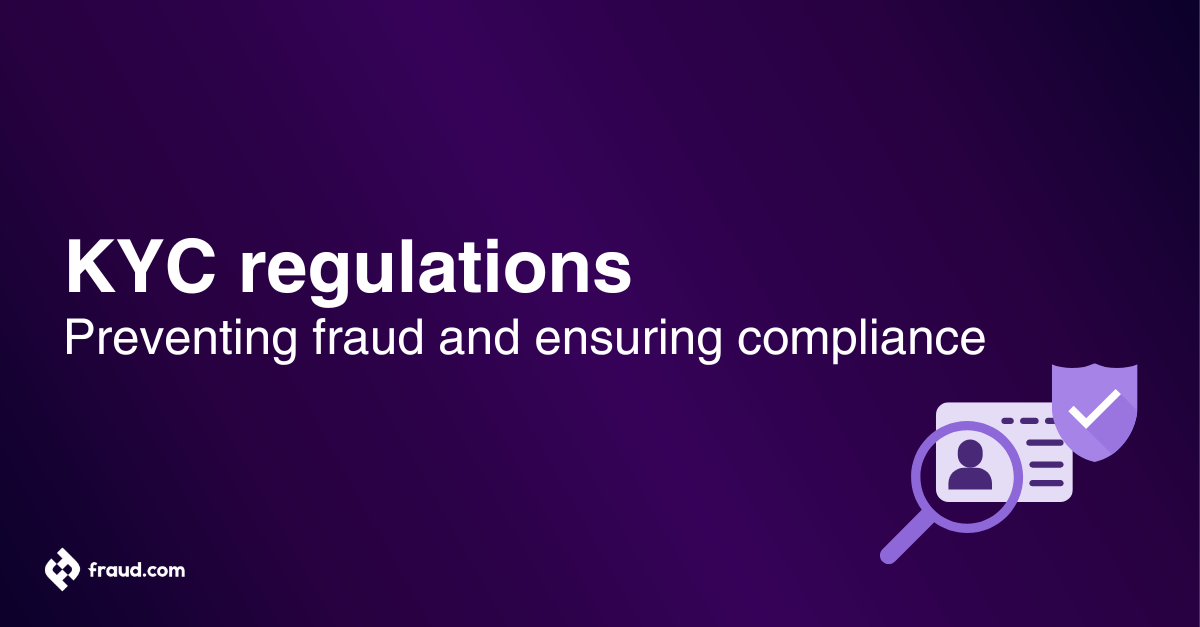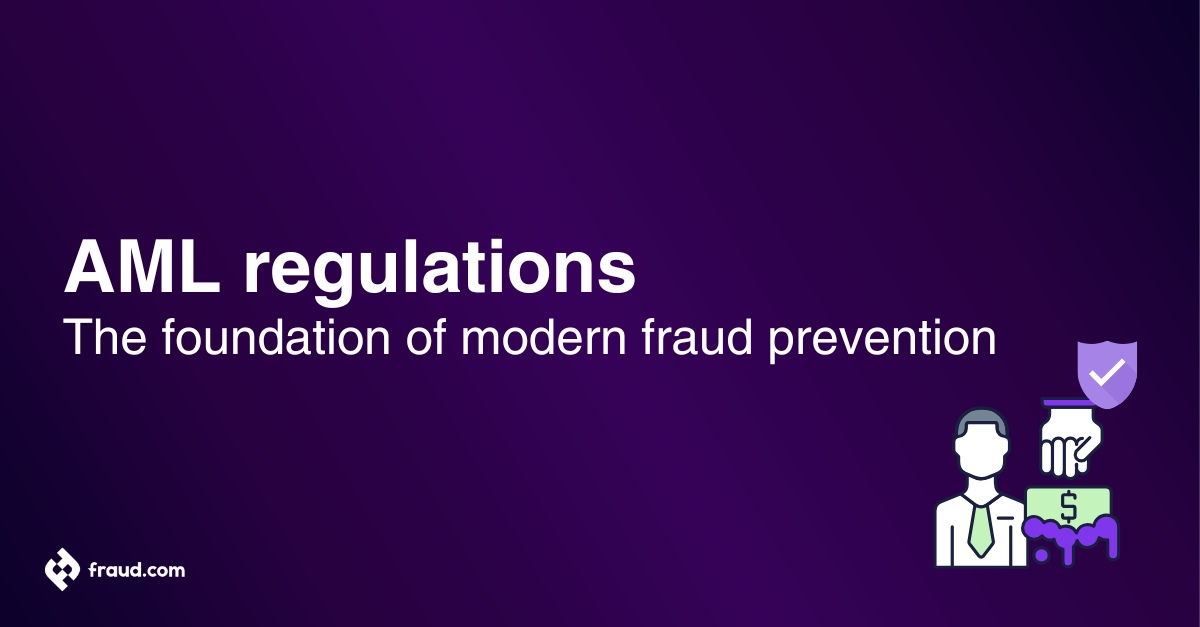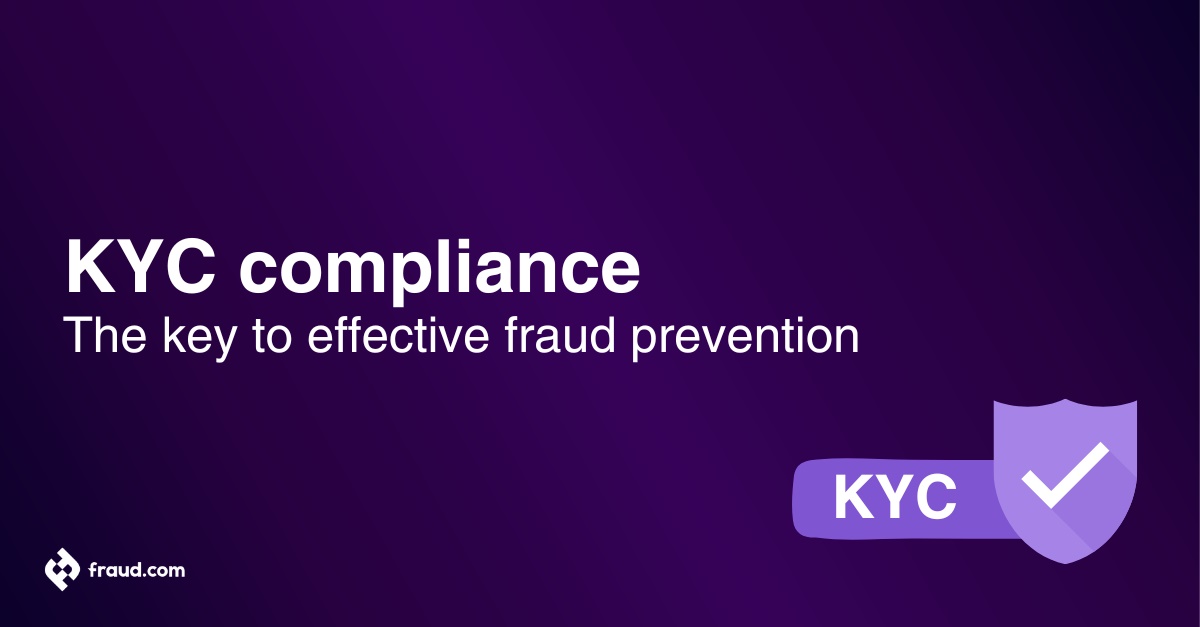In an era where digital transformation is reshaping the financial landscape, the threat of fraud has become increasingly complex. As banks expand their digital offerings, they open new avenues for fraudulent activities. To combat this, financial institutions are turning to advanced fraud orchestration systems. These sophisticated platforms integrate data from multiple sources and channels, enabling banks to detect and respond to threats in real-time. The power of these systems lies in their ability to centralize fraud operations, streamline workflows, and enhance security across the board.
Table of Contents
ToggleCase study: Isbank’s adoption of advanced fraud orchestration
Isbank, one of Turkey’s leading banks, recognized the need for a robust approach to managing the complexities of fraud in the digital age. To address this, Isbank implemented the fcase platform, an advanced fraud orchestration and management solution provided by fraud.com.
The fcase platform enabled Isbank to centralize its fraud operations, significantly improving the efficiency and effectiveness of its fraud detection and prevention processes. The system’s ability to integrate with existing infrastructures and scale alongside the bank’s growth was crucial in enhancing Isbank’s overall security posture.
Isbank’s journey with fcase demonstrates how advanced technology can transform fraud management in modern banking. This strategic move enabled the bank to centralize its fraud operations, resulting in a fivefold increase in fraud case processing speed and a 30% reduction in fraud-related losses. As Mehmet Ali Özdoğan, Deputy Manager of the Digital Banking Operations Department at Isbank, stated, “Without a robust fraud operations management and orchestration solution, our team would struggle to keep up with the sophisticated tactics employed by fraudsters targeting digital channels.”
These significant improvements underscore the transformative impact of advanced fraud orchestration on Isbank’s security framework. To discover the full scope of Isbank’s success and the detailed outcomes of this initiative, download the comprehensive case study below.
Understanding advanced fraud orchestration systems
Isbank’s success with the fcase platform is just one example of how advanced fraud orchestration systems are revolutionizing the way financial institutions combat fraud. Advanced fraud orchestration are designed to provide a unified approach to detecting and managing fraudulent activities, offering banks like Isbank the tools needed to stay ahead of increasingly sophisticated threats.
By consolidating data from a variety of sources into a single, integrated platform, these advanced systems give banks a holistic view of potential security threats, simplifying detection and response processes across various channels.
The core strength of these systems lies in their ability to leverage technology for real-time analysis. By integrating sophisticated analytics and machine learning algorithms, they can identify anomalies and patterns indicative of fraud more effectively. This capability is essential for staying ahead of increasingly sophisticated fraud tactics and minimizing the impact on the organization.
The strategic role of advanced fraud orchestration
In the modern banking landscape, fraud management has become a critical strategic priority. The increasing complexity and sophistication of fraudulent activities, fueled by the rapid growth of digital channels, require more than just traditional detection methods. Advanced fraud orchestration systems play a vital role in this strategic shift by centralizing and enhancing the management of fraud across diverse platforms.
These systems provide a comprehensive framework that integrates data from multiple sources, such as online transactions, customer interactions, and external threat intelligence, into a single, cohesive platform. This centralization allows banks to have a 360-degree view of potential threats, enabling faster and more accurate detection and response to fraud across all channels.
Moreover, advanced fraud orchestration systems are designed to be highly adaptable, ensuring that banks can stay ahead of evolving fraud tactics. By incorporating real-time analytics, machine learning, and automated response capabilities, these systems not only detect fraud but also predict and prevent potential threats before they can cause significant harm. This proactive approach is crucial for maintaining the security and integrity of digital banking operations, making fraud orchestration systems indispensable in today’s financial environment.
Key benefits of advanced fraud orchestration
Adopting an advanced fraud orchestration system brings multiple benefits to financial institutions, directly impacting their operational efficiency, security, and bottom line. Here are some of the key advantages:
- Centralized management: One of the primary advantages of advanced orchestration systems is their ability to centralize fraud management operations. This integration eliminates fragmented data sources and disjointed workflows, allowing for more efficient information management and analysis. A unified platform helps streamline processes, reduce redundancies, and ensure that all fraud-related activities are coordinated and managed from a single point.
- Enhanced efficiency: Centralized fraud operations streamline the process of fraud detection and prevention, reducing the time and effort required to manage fraud across various digital channels. This efficiency boost allows banks to process fraud cases more quickly, thereby minimizing potential damage and loss.
- Improved data visibility: A centralized system provides a single source of truth, offering comprehensive visibility into all customer interactions and transactions. This enhanced visibility aids in more accurate risk assessments and quicker identification of suspicious activities, improving overall decision-making.
- Cost reduction: By consolidating fraud management workflows and eliminating redundant processes, advanced fraud orchestration systems help reduce operational costs. This streamlining allows financial institutions to allocate resources more effectively and achieve better cost-efficiency.
- Real-time response capabilities: The ability to detect and respond to fraud in real time is a critical advantage. Advanced orchestration systems utilize real-time analytics and automated response mechanisms to swiftly address threats, reducing the window of opportunity for fraudsters and limiting potential financial losses.
- Scalability and adaptability: As banks grow and their transaction volumes increase, fraud orchestration systems can scale accordingly. These platforms are also adaptable, capable of evolving with emerging fraud tactics and integrating new technologies to maintain robust security over time.
- Reduced false positives: Through the use of sophisticated analytics and machine learning, advanced fraud orchestration systems can more accurately distinguish between legitimate transactions and fraudulent ones. This reduction in false positives not only improves the customer experience by minimizing unnecessary transaction disruptions but also enhances the efficiency of fraud management operations.
The benefits of advanced fraud orchestration extend beyond immediate fraud detection and response. They contribute to a stronger, more resilient financial institution that is well-equipped to protect its assets and maintain the trust of its customers in an increasingly digital world.
Implementing advanced fraud orchestration systems
The implementation of an advanced fraud orchestration system is a multi-faceted process that requires careful planning and execution. Key steps include:
1. Comprehensive system integration: The foundation of an effective fraud orchestration system lies in its seamless integration with existing tools and platforms. This process involves consolidating various data sources and unifying disparate fraud detection mechanisms into a single, cohesive system. The goal is to create an interconnected network that enhances the organization’s ability to monitor and respond to threats holistically.
2. Automation of critical processes: Advanced orchestration systems leverage automation to handle routine and repetitive tasks, such as transaction monitoring and alert processing. By incorporating Robotic Process Automation (RPA) and machine learning algorithms, organizations can increase the speed and accuracy of their fraud detection efforts while freeing up resources for more strategic initiatives.
3. Real-time data visibility and analytics: Implementing an advanced system also enhances the visibility of fraud operations in real-time. With a unified platform, organizations can access comprehensive dashboards and reporting tools that provide insights into ongoing activities. This visibility is crucial for timely decision-making and proactive threat management.
4. Customization and flexibility: A successful implementation should also account for the unique needs of the organization. Advanced systems offer customizable workflows and adaptable rules engines that allow organizations to tailor the system to their specific fraud prevention strategies. This flexibility ensures the system remains relevant and effective as new fraud patterns emerge.
5. Continuous monitoring and optimization: Post-implementation, continuous monitoring and regular system updates are vital. As fraudsters develop more sophisticated tactics, the system must be fine-tuned to address new vulnerabilities. Ongoing optimization helps maintain the system’s effectiveness and ensures that it adapts to evolving threats.
Conclusion: The future of fraud management
The implementation of advanced fraud orchestration systems like fcase is a testament to the critical role that technology plays in modern banking. As fraudsters continue to develop more sophisticated methods, banks must stay ahead by adopting systems that are not only reactive but also proactive.
For Isbank, the adoption of a centralized fraud management platform has not only strengthened its security posture but also reinforced its commitment to customer trust and operational excellence. This case highlights the transformative potential of advanced fraud orchestration systems in navigating the complexities of today’s digital banking environment.
As the financial industry continues to evolve, the importance of such systems will only grow. Banks that invest in advanced orchestration technologies will be better equipped to protect their customers, reduce losses, and maintain their competitive edge in an increasingly digital world.

